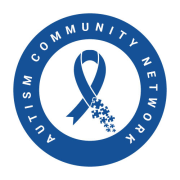

Author(s): Valsamma Eapen, Rudi Crncec and Amelia Walter
There is significant variability in treatment outcomes across different interventions for Autism Spectrum Disorder (ASD) and between individuals receiving the same intervention. This is likely related to the considerable phenotypic variability in ASD, which is posited to arise from a developmental cascade whereby a primary deficit in attention to social stimuli leads ultimately to widespread and diverse behavioural and functional difficulties.
Purpose: To provide data on predictors of treatment outcome in a cohort of preschool - aged children with ASD receiving a group Early Start Denver Model (ESDM) intervention.
Methodology: Forty-nine children (mean age 52 months) with ASD receiving group ESDM over 10 months were assessed pre - and post-intervention for ASD symptoms, developmental level, and adaptive functioning; together with measures of parental stress and coping.
Results: Lower initial ASD symptomatology, particularly higher social affect and play skills, and younger age at entry to intervention predicted better outcomes.
Conclusion: Reflective of hypotheses from the developmental cascade theory, younger age at entry predicted treatment gains, supporting efforts to include children in comprehensive treatment promptly. Moreover, greater initial social impairments led to relatively poorer outcomes, potentially suggesting that children with greater social affect difficulties may require a higher dose, or modified intervention, to that used in this study.